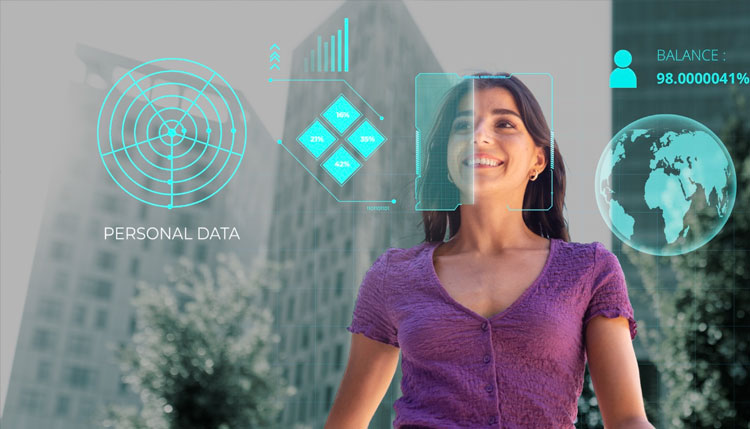
Biometrics in Every Day Life
Have you ever stopped to think about how often you use your fingerprint or face to unlock your phone? That’s biometrics in action! But, hold on, what exactly is biometrics? Simply put, it’s a fancy word for using parts of your body, like your fingerprint, face, or even your voice, to prove who you are. Now, this might sound like something straight out of a sci-fi movie, but it’s happening right now, and it’s more common than you think.
First off, let’s talk numbers. Did you know that by 2022, more than 60% of the world’s population was expected to have some form of biometric technology at their fingertips? That’s a lot of people using parts of their body to do things like unlock phones, enter buildings, or even make payments!
Now, using your fingerprint to unlock your phone is cool and all, but biometrics is stretching its legs far beyond just that. Imagine walking into your house and the lights turning on just because it recognizes your face. Or your car starting with a quick scan of your eye. Sounds pretty neat, right? But wait, there’s more. What if we told you that doctors could use your heart’s unique rhythm to keep track of your health? Yes, that’s a thing. Your heartbeat is as unique as your fingerprint, and it can tell doctors a lot about your health without you having to do much.
Now, with all this cool stuff, there has to be a catch, right? Well, yes. As awesome as biometrics can be, it also opens up a can of worms when it comes to privacy. With so much personal data floating around, there’s a risk of it falling into the wrong hands. Imagine someone hacking into a system and getting a hold of your biometric data. Not cool. And then there’s the question of how far we’re willing to let this technology go. Are we okay with cameras tracking our every move in public spaces just because they can recognize our faces? Or businesses knowing more about us than we might be comfortable with? It’s a fine line between convenience and privacy, and it’s a conversation we need to keep having.
But let’s not end on a gloomy note. Biometrics has the potential to make our lives easier and more secure. Imagine never having to remember a password again or waiting in long lines at the airport because your face is your boarding pass. Or what about helping doctors catch diseases early because your wearable tech is keeping an eye on your health?
In conclusion, biometrics is weaving its way into our everyday lives, offering convenience and innovation we could only dream of before. But as we embrace this technology, it’s crucial to keep the conversation going about privacy and the ethical use of our personal data. How far can it go? Well, that’s partly up to us and the choices we make as we navigate this biometric-filled world. Share your views on this story at info@trueid.in.










